National Science And Technology
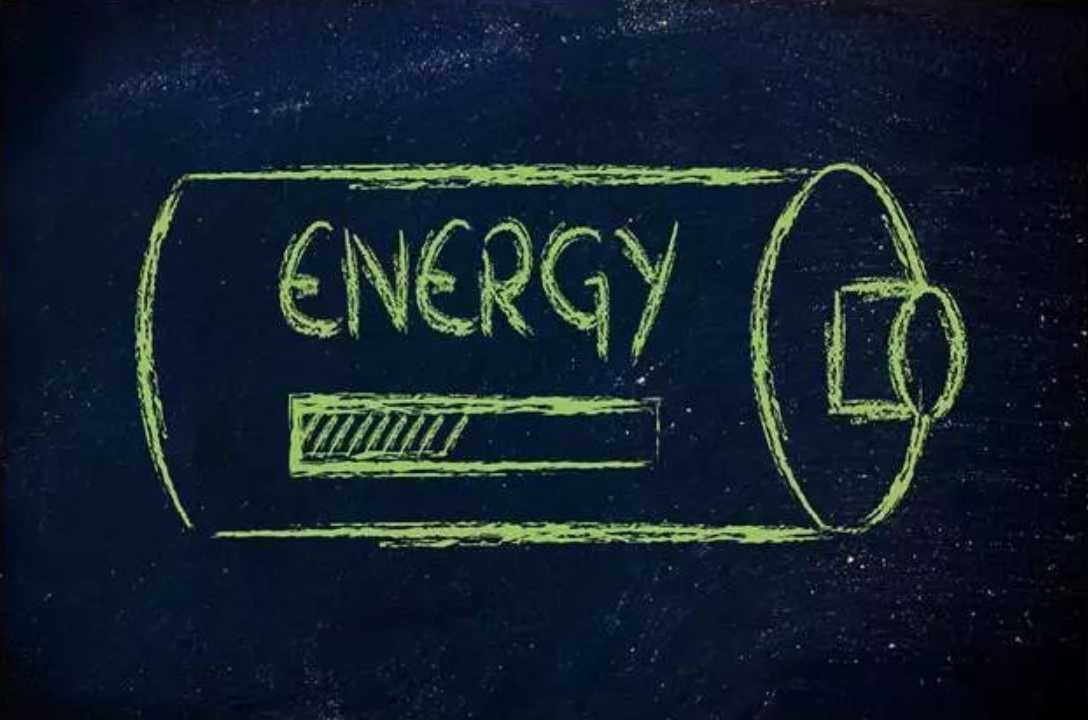
Energy Revolution to Reshape Global Landscape Over Next 30 Years
Over the next three decades, global energy demand is projected to rise by 35%, sparking an ongoing energy revolution. New oil extraction technologies like hydraulic fracturing and directional drilling have unlocked vast oil and gas reserves, upending the global oil market and turning the U.S. from the world’s top oil importer to its largest producer.

UK's Nobel Legacy: A Century of Scientific Eminence
Between 1901 and 2023, the United Kingdom has firmly established itself as a global scientific powerhouse, boasting an impressive count of 138 Nobel laureates. This remarkable achievement underscores the nation’s enduring commitment to academic excellence and groundbreaking research across a multitude of disciplines, solidifying its position among the world’s most influential contributors to science, literature, and peace.
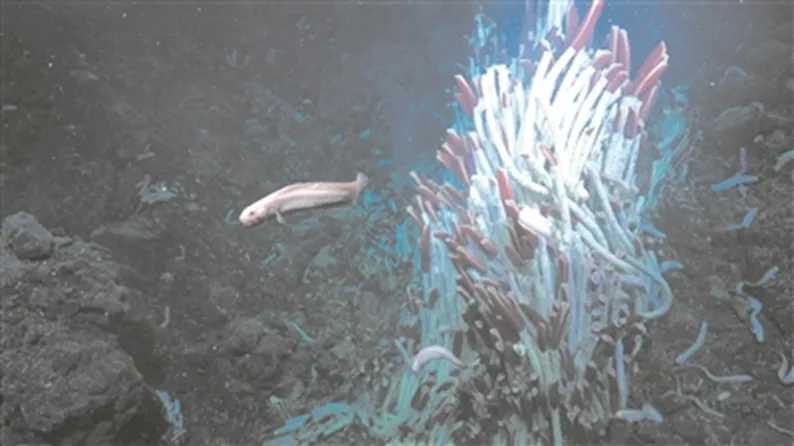
Animal Life Discovered at Hydro - thermal Vents of the East Pacific Rise
Scientists from Austria and the Netherlands have discovered animal life in the hydro - thermal vent area at a depth of 2,515 meters on the East Pacific seabed. The discovered species include large tube worms and sea snails. These living organisms are found in the warm, liquid - filled cavities within the rock fractures, indicating a possible connection between the sub - crustal ecosystem and the seabed ecosystem.
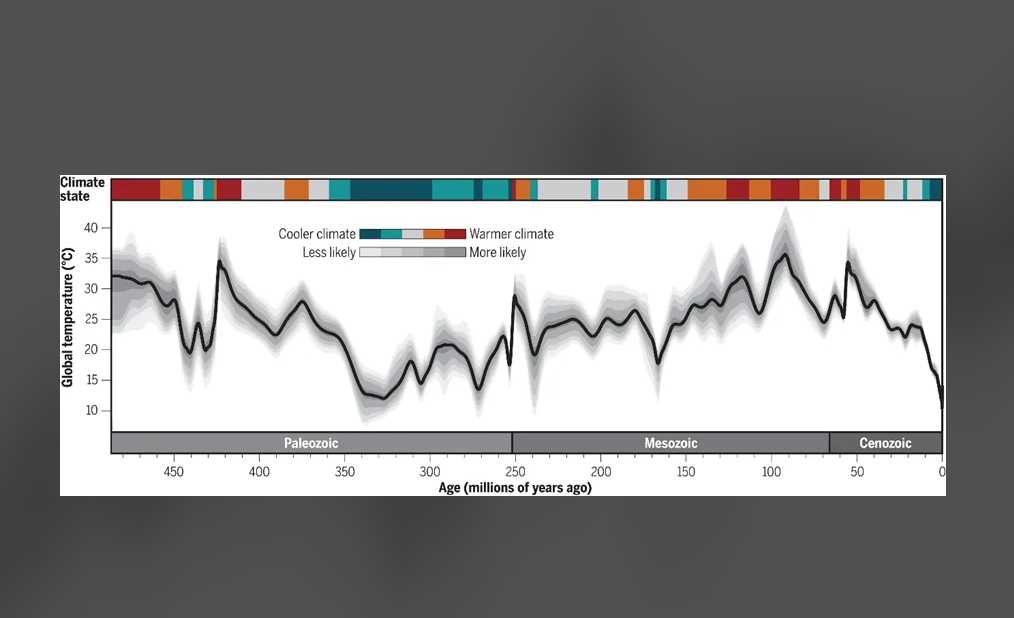
Carbon Dioxide Has Governed Earth's Climate Change for Nearly 500 Million Years, New Research Unveils Deep - time Climate Evolution Map
Recently, scientists from the United States have reconstructed the curve of Earth's average temperature changes over the past 485 million years. By integrating 150,000 paleoclimate records with model simulations, they found that extreme warming events on Earth are highly correlated with the increase in CO₂ concentration. This research was published in the journal Science.

Japan's Surge in High - Tech Innovation: Outpacing Global Giants
Japan’s unwavering investment in scientific research has propelled it to the forefront of global technology, with breakthroughs in high - end sectors challenging even the dominance of the United States. Fueled by substantial government funding and a culture of technological excellence, the country has transformed its economy into a hub of innovation, leveraging cutting - edge research to redefine industry standards across multiple fields.

Yamaha and the Global Musical Instrument Industry: A Tale of Japanese and German Dominance
The global musical instrument industry is largely dominated by Japan and Germany, with Japanese conglomerate Yamaha standing as an unchallenged titan. Renowned for its craftsmanship, innovation, and unparalleled quality, Yamaha has solidified its position as the world’s leading brand, shaping the landscape of classical, contemporary, and professional music scenes alike.
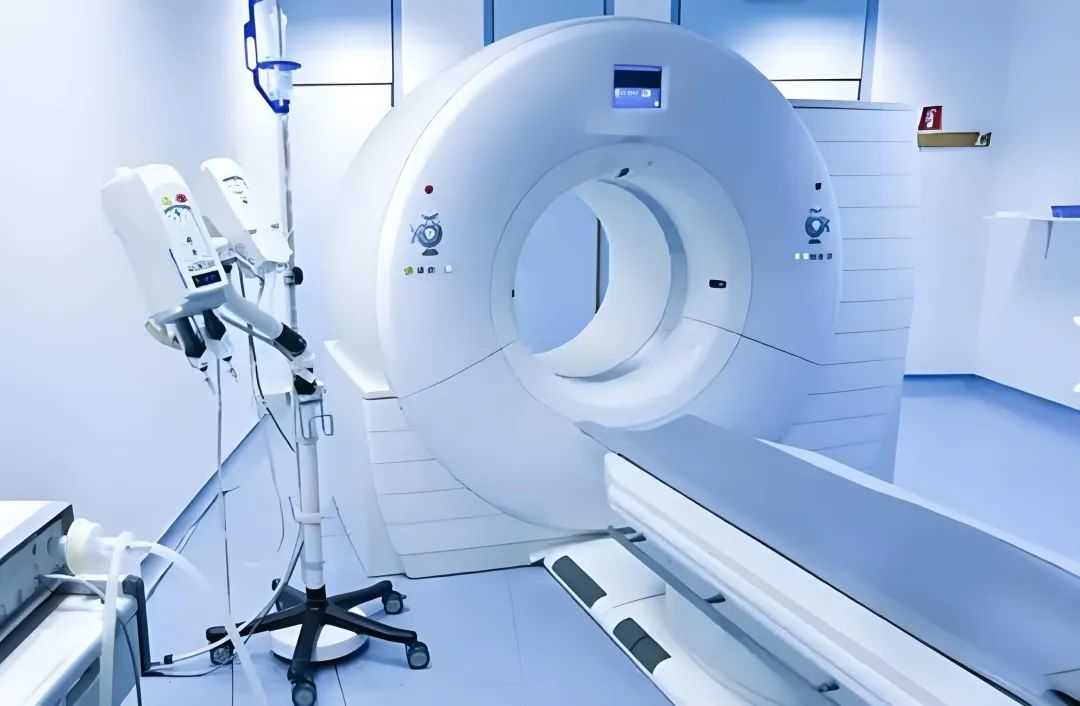
Germany’s Technological Prowess: Key Strengths and Innovations
Germany has established itself as a global leader in technology, with distinct strengths in several cutting - edge sectors. From quantum technology to advanced engineering, the country’s technological dominance stems from strategic investments, a culture of innovation, and a highly skilled workforce. Here’s a closer look at its key areas of excellence.

Google's Willow Quantum Chip: A Leap Forward in Quantum Computing
In the realm of quantum computing, Google has recently unveiled a significant breakthrough with the launch of its Willow quantum chip. To truly grasp the magnitude of this achievement, one must first understand a central challenge in quantum computing - the fragility of qubits. Qubits are extremely sensitive and vulnerable to interference from the surrounding environment.

France's Nobel Achievements: A Reflection of Scientific Eminence
France, a nation with a rich history of scientific exploration, has solidified its status as a global scientific powerhouse with 36 Nobel laureates in the natural sciences. These prestigious awards, spanning the fields of physics, chemistry, and physiology or medicine, underscore France's enduring commitment to pushing the boundaries of human knowledge and making significant contributions to scientific progress.

Germany's Nobel Dominance: A Testament to Scientific Depth and Industrial Might
Germany's remarkable record of 111 Nobel laureates stands as a powerful testament to the nation's enduring excellence in scientific research. Spanning from 1901 to the present, these accolades are predominantly concentrated in traditional strongholds such as physics, chemistry, biology, and medicine, highlighting Germany's long - standing commitment to advancing fundamental knowledge in these critical fields.
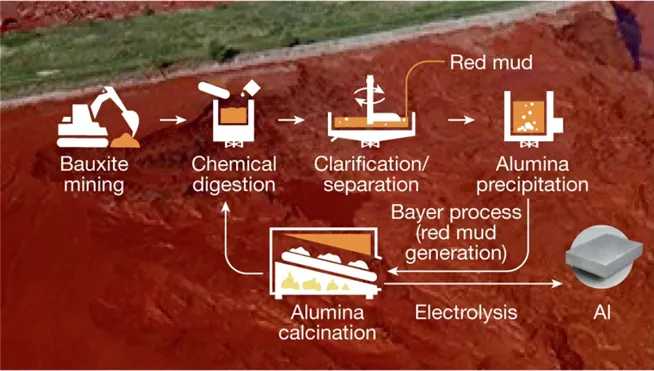
Hydrogen Plasma - based Extraction of High - Purity Iron from Red Mud Drives Green Metallurgy
European scientists have developed a new method that uses hydrogen plasma to reduce iron oxide in red mud, capable of producing liquid iron with a purity of over 95% in just a few minutes. This process contains almost no harmful elements and is suitable for steel - making. Meanwhile, it can consume red mud, an industrial solid waste, and is expected to solve the environmental problem of 180 million tons of red mud produced annually.

US Surgeons Complete World's First Living Human Pig Kidney Transplant
On March 16, a surgical team at Massachusetts General Hospital in the United States accomplished the world's first living human transplant of a pig kidney. The recipient, 62-year-old Richard Slayman, was suffering from end-stage renal failure. The transplant operation was permitted under the "compassionate use" approval of the US Food and Drug Administration (FDA).

Sweden: A Hidden Gem in the Global Tech Landscape
Often underestimated on the global stage, Sweden quietly stands as a technological powerhouse, excelling in diverse sectors from telecommunications to sustainable energy. With a long - standing commitment to innovation and research, the nation has transformed its relatively small economy into a hotbed of cutting - edge advancements, making significant contributions to industries worldwide.